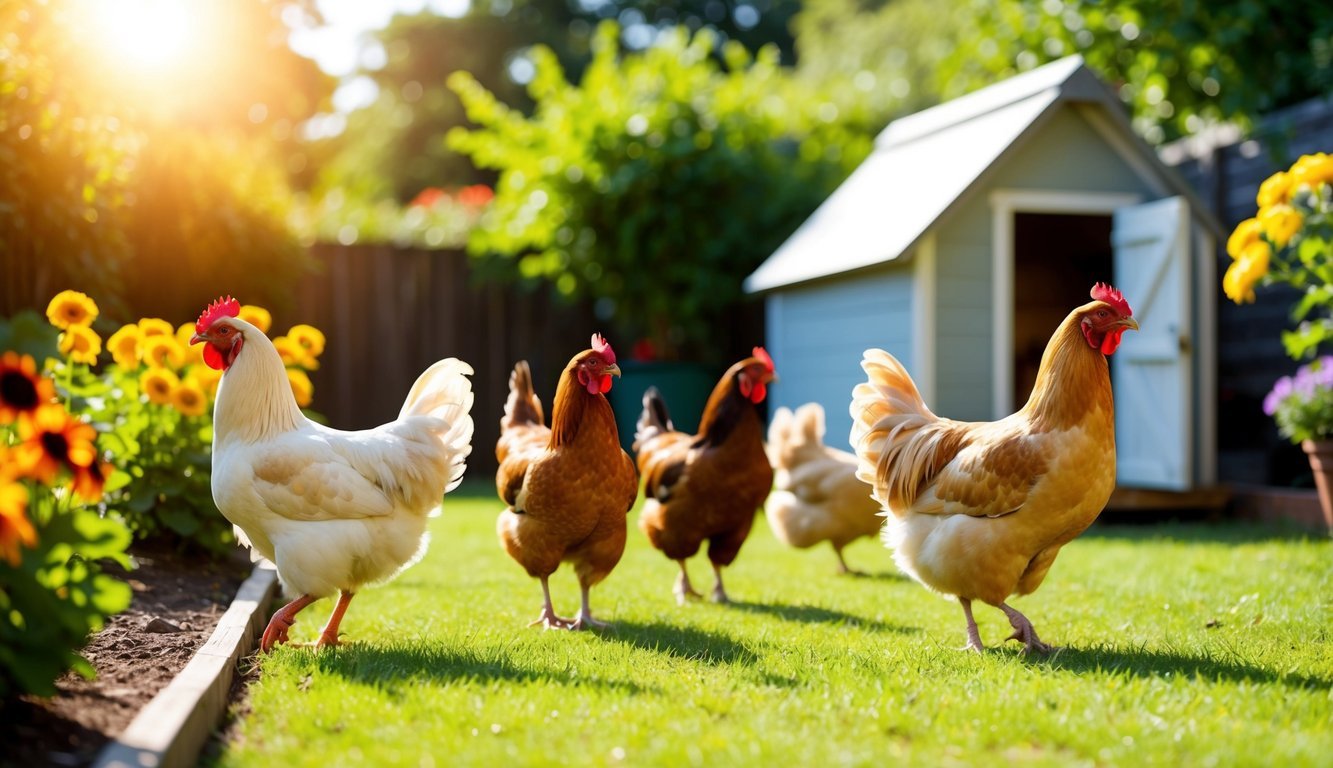
In recent years, chickens have carved out a special place in the hearts of many Australians, linking the worlds of pets and livestock right in their backyards.
A study from the University of Adelaide recently shed light on this phenomenon, revealing that people who raise chickens often view their feathered friends as both dependable sources of food and beloved companions.
Blurring the Lines Between Pets and Livestock
The research, published in the journal Anthrozoös, was led by Dr. Emily Buddle from the University of Adelaide’s School of Humanities.
She emphasizes that backyard chickens blur the lines between traditional classifications of pets and livestock.
This unique hybrid relationship challenges our understanding of how humans and animals interact, highlighting a more nuanced view of companionship and utility.
This study involved collaboration from experts including Professor Rachel Ankeny from Wageningen University, Dr. Kristen Stevens of the University of South Australia, and Dr. Heather Bray from the University of Western Australia.
Together, they explored the ethical considerations, motivations, and perceptions surrounding the practice of keeping chickens at home.
While many traditional backyard practices, such as small-scale dairies and pig-keeping, have seen declines, the chicken population remains vibrant. Dr. Buddle notes that these birds have reliably provided fresh food for generations—once seen simply as a dinner option, they now primarily furnish a steady supply of eggs, all while helping to reduce kitchen scraps.
The Complex Relationship Between Owners and Chickens
Study participants described their chickens with affection, highlighting their personalities and their roles as companions.
However, even as many owners enjoyed the occasional omelet, the thought of slaughtering their own birds was largely off the table.
This apparent contradiction points to the complex emotional bonds formed with these animals.
Yet, despite these strong connections, the level of care chickens receive tends to differ from that of traditional pets like dogs and cats.
An interesting point raised by the study was that most owners, despite their fondness for their chickens, seldom sought veterinary assistance for them.
The expense of veterinary care often felt unjustifiable compared to the perceived value of the birds.
The research was shaped by qualitative interviews with 44 chicken owners in Adelaide, revealing that practical reasons often drive the decision to keep these birds.
Many participants appreciated the consistent supply of fresh eggs and relished the knowledge that their chickens were truly free-range, free from the ambiguity that often clouds commercial free-range egg production in Australia.
Implications for Animal Welfare and Food Supply
This aligns with earlier findings from the research group that indicated a marked preference for free-range eggs, influenced by notions of naturalness, ethics, and safety.
The rising trend of raising chickens at home reflects a growing skepticism toward the commercial food industry.
Dr. Buddle stresses that these findings carry important implications for animal welfare policies and biosecurity measures, especially given the limited veterinary care typically afforded to backyard chickens.
As local regulations evolve and food supply issues emerged during the COVID-19 pandemic, this study highlights a gap in research regarding the motivations behind backyard chicken keeping.
It calls attention to the rising consumer distrust in Australia’s supermarket-driven food system and the various ways people are responding to these challenges.
This investigation opens the door for further exploration into the dynamics of backyard poultry keeping in an ever-changing food landscape.
Source: ScienceDaily

